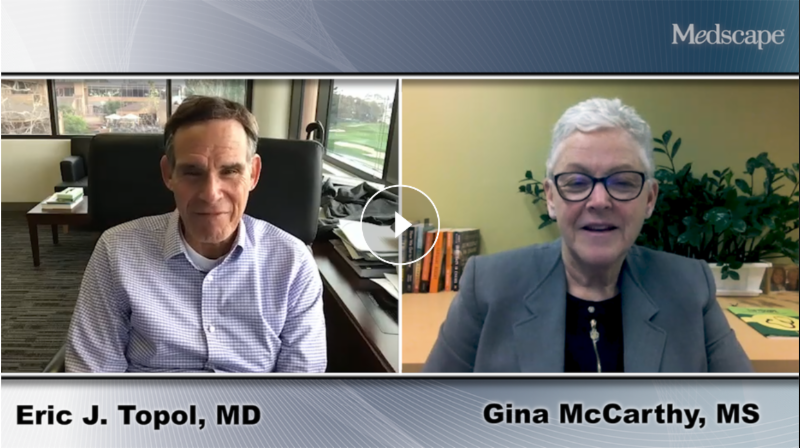To call attention to rising global greenhouse gas emissions that harm our health, Dr. Renee Salas, our Yerby Fellow and ClimateMD leader, co-authored an editorial in NEJM announcing a broad effort by the journal to address the health consequences of air pollution and climate change.
Dr. Salas and her co-authors notably write, “The primary barrier to an equitable transition away from coal, oil, and natural gas is a lack of political will, underpinned by the influence of the fossil-fuel industry.”
NEJMs goals are to:
- Inform clinicians and health system administrators about the consequences of fossil-fuel extraction and use that are increasingly affecting patients and care delivery systems
- Provide information about effective strategies for reducing the associated risks
- Clarify the roles of the medical and public health sectors in addressing this crisis and stimulate research to guide the development of equitable adaptation and mitigation policies
NEJM is committing to:
- Publish at least one article in a NEJM Group journal each month related to fossil-fuel–driven health harms and will subsequently plan ongoing coverage of related content
- Further engage trainees and educators through their Resident 360 website, which is launching a discussion about incorporating a climate lens into medical training
- Encourage submissions for this series, especially — but not limited to — high-quality original research
The initiative is launching with articles addressing different aspects of this unprecedented challenge in each of the NEJM journals.
- Consequences and responses for children’s health (New England Journal of Medicine)
- Broad health harms of air pollution (NEJM Evidence)
- Ramifications of a Supreme Court case against the Environmental Protection Agency (New England Journal of Medicine)
- Implications of extreme heat for the health care system (NEJM Catalyst Innovations in Care Delivery)



















